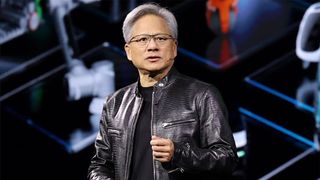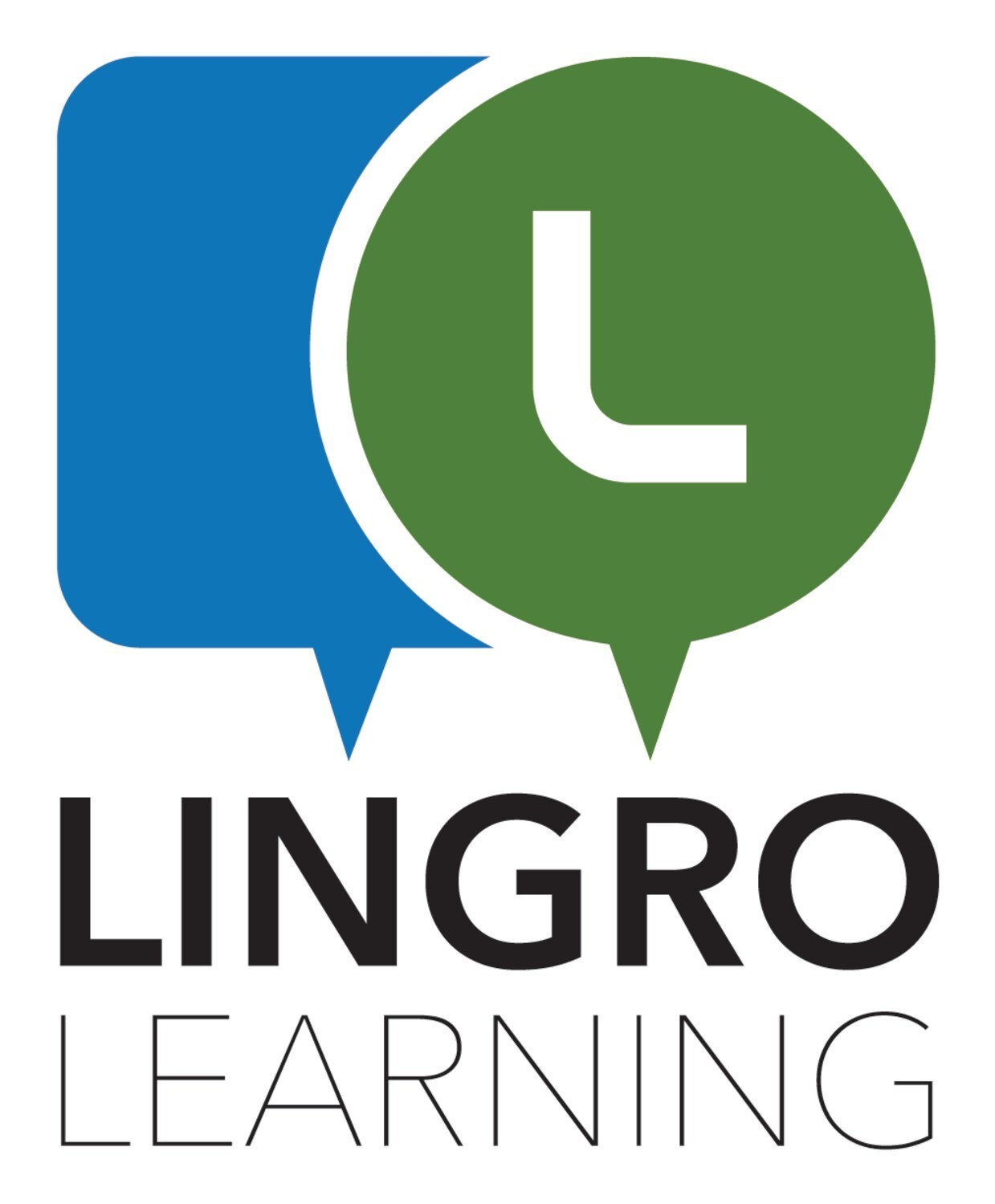
Economics and Environmental Research Director Yoon Seok-jin of the Incheon Institute delivers a presentation during the 2024 Roundtable Meeting with Foreign Chambers of Commerce in Korea at Oakwood Premier Incheon, Tuesday. Korea Times photo by Choi Won-suk Shift from manufacturing to service, deep-tech haul growth By Ko Dong-hwan INCHEON — Robust global trade flowing through Incheon has positioned the western port city as a well-established international business hub and one of Korea's most appealing destinations for foreign investments and talent, according to a senior official from the Incheon Institute, a research agency under the Incheon Metropolitan City Government. Yoon Seok-jin, head of the institute's economics and environment research division, highlighted that past decades of commerce in the western port city have seen a shift from manufacturing to service-oriented and future industries, boosting exports by companies based in the city.
Joining the 2024 Roundtable Meeting with Foreign Chambers of Commerce in Korea, which was jointly hosted in Incheon by the Incheon Metropolitan City and The Korea Times, he said that export targets have also diversified to a broader region of the world, bolstering the city's potential as a global business hub. Yoon explained consistent growth across multiple categories, demonstrating the city's rising scale of trades throughout the past years, including volumes of inbound and outbound trades, the number of companies in the Incheon Free Economic Zone (IFEZ) and the number of foreign companies that committed direct investments in IFEZ. Foreign chambers of commerce eye Incheon for optimum business opportunities 2024-11-21 16:49 | Business The number of foreign direct investment (FDI) firms in the IFEZ increased to 224 in 2022 from 135 in 2017, while employees in those companies jumped to 35,150 from under 23,840 during the same period.
Japanese companies accounted for the largest portion with 15.6 percent of the overall FDI companies in the IFEZ, followed by American companies with 14.7 percent and Singapore, China and the Netherlands in order, Yoon shared.
Semiconductor exports by companies in Incheon also shot up to $17 billion in 2021 from $103 million in 2000, according to Yoon. Semiconductor equipment exports also increased to $340 million in 2022 from $68 million in 2002. Semiconductors are the city's top export item, with around 600 companies clustered in the city, he added.
Yoon also introduced automobile, aerospace, bio, robotics and digital sectors as the city's key industries. The aerospace industry has particularly developed around Incheon International Airport, with around 100 aviation companies, 25 urban air mobility companies, 262 drone companies, 28 aerospace companies and 61 defense industry companies now based in the city. Global bio giants like Celltrion, Samsung Biologics and SK Biopharm have also chosen the city as their bases.
"Compared to Seoul and Gyeonggi Province, which have way more population and land areas, Incheon is really maximizing its exports and imports using its strong infrastructures in traffic, manufacturing and advanced future industries," Yoon said. "Since 2000, technological advancement by companies in Incheon has been evident. On separate tracks, service industries like resorts and hotels have been showing steep growth.
These are signs pointing to Incheon as a strong global business hub." Yoon said that Incheon's outbound trades, initially concentrated in China and the United States, have begun diversifying to Southeast Asia, India and Europe. A particularly significant investment increase by the Incheon government and companies has been in Vietnam where "economic corridor" has been established between Incheon and Vietnamese city of Haiphong.
Incheon's major trade items in the past five years, according to Yoon, have been natural gas, crude oil and coal for import and semiconductors, automobiles, pharmaceuticals and cosmetics for export. The city's trade volume increased sevenfold from 2000 to 2022, while the trade dependency ratio increased to 107 percent in 2019 from 67 percent in 2000. "Many (Korean) companies in Incheon now desire to achieve global trades with foreign companies, not just receiving investments but also exchanges of talents or strategic partnerships," Yoon said.
"What they want is engaging in more business exchanges. As a global hub, Incheon can cater to such demands.".













